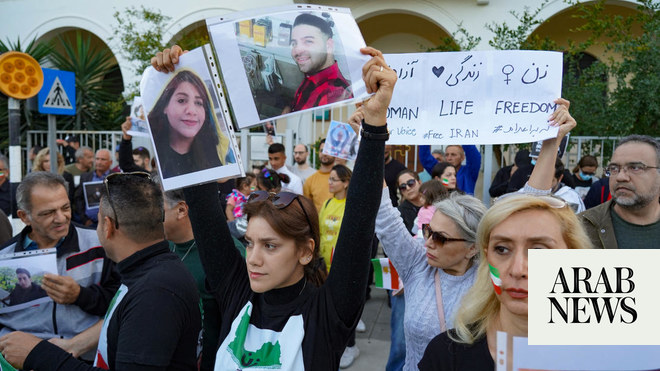
Commonwealth Games authorities have promised not to ban or punish any athlete at Birmingham 2022 who takes a knee in support of the Black Lives Matter movement.
That decision, which has been revealed by the Commonwealth Games Federation chief executive, David Grevemberg, is in direct contrast to the International Olympic Committee, which has warned athletes they will be thrown out if they protest on the field of play or the podium during the Tokyo Games.
Grevemberg said it is especially vital athletes are given a platform in such turbulent times. “People say are we opening Pandora’s box but no, we are respecting people’s rights to voice opinions,” he said.
“The Black Lives movement is challenging all institutions to really look introspectively at what we can do to be more fair, more free, have better equality and have better systems of justice that look after people. Sport is no different.
“We are comfortable with the uncomfortable conversation and we need to embrace it. We maybe have more responsibility because of the shared history of the Commonwealth so we need to find solutions that don’t build walls but rather build bridges.”
Grevemberg said the Commonwealth Games Federation had been working on many of the problems raised by Black Lives Matter since 2015 as part of its Transformation 2022 project. He also pointed out that athlete activism had long been part of the Games.
“You go back to Cathy Freeman,” he said. “The reason her moment was so powerful at the Sydney Olympics in 2000 was because of what she did at the Commonwealth Games in Victoria in 1994 when she wrapped herself in the Aboriginal flag after the 200 and 400 metres. That had a profound impact.”
Grevemberg also confirmed the start of the 2022 Commonwealth Games has been pushed back 24 hours to 28 July to help athletes recover from the rearranged world championships in Eugene that month.
The athletics programme will also be held later in the competition and run over five days and not seven in an effort to persuade Dina Asher-Smith and Katarina Johnson-Thompson to try to win gold medals in Birmingham as well as Eugene and at the European championships in Munich during that summer.
“It’s a challenge and athletes like a challenge,” Grevemberg said. “You could almost create it as a grand slam in terms of hitting all three golds in particular events in three major championships. I think it’s a wonderful challenge – to do the unprecedented.”












